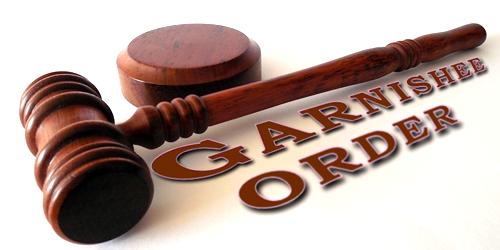Garnishee Order is a common form of enforcing a judgment debt against a creditor to recover money. It can allow the judgment creditor to recover debt from the debtor’s wages and salary. A garnishee order is an order made by the court to allow you to recover the judgment debt from:
- the debtor’s bank account,
- the debtor’s wages.
- people who owe money to the debtor.
The person the order is addressed to (the employer, bank or person who owes money to the Judgment debtor) is known as ‘the garnishee’. It is a serious matter, as it means a court order has been made to allow creditors to recover debt from third parties.
Garnishee Order Applicable for –
- Where there is a credit balance
- Attaches the amount drawn by a cheque but payment not yet affected.
- All bank branches of a bank are treated as one entity.
- Attaches future maturing term deposits also.
- Attaches personal account of partners if an order is served on a partnership account.
A garnishee order is typically associated with family lawsuits such as divorce, child custody, child support or similar. It is also used by the tax authorities to collect taxes due when you haven’t paid the tax demands by the payment deadline.















